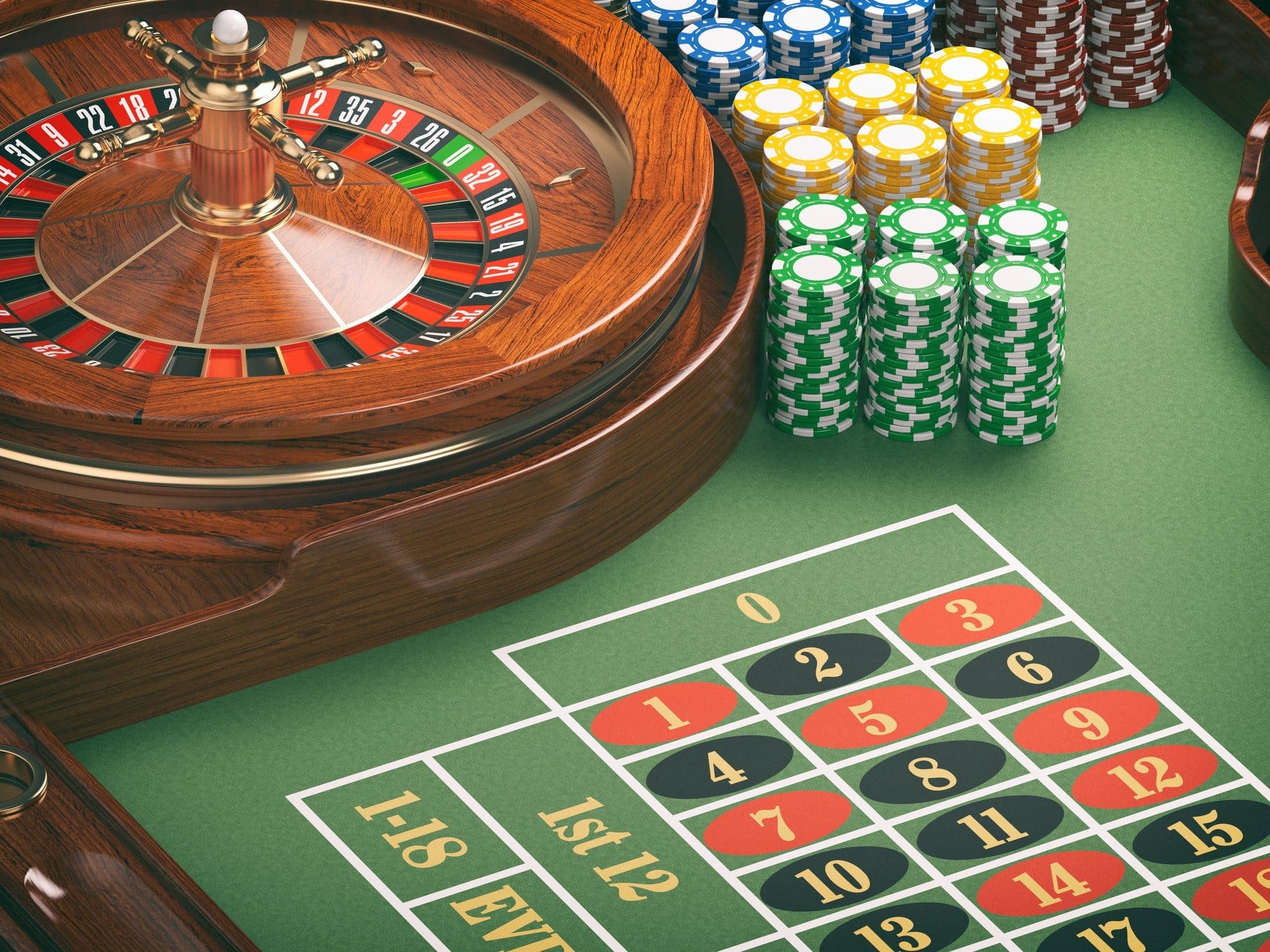
Gambling has been an important part of human entertainment for millions of years, evolving through societies and periods to become the exciting casino activities we know today. From the historical Chinese and Romans, who engaged in various forms of betting and chance, to the advanced gaming floors of contemporary casinos, the attraction of gamble and reward has fascinated individuals across the globe. The change from basic dice games and primitive betting setups to the extravagant environments of contemporary casinos reflects significant strides in both cultural standards and technological advancements.
As cultures evolved, so too did the complexity of gambling activities, with casino games emerging as a unique category of entertainment and excitement. These games have transformed from informal gatherings centered around wooden tables to sprawling, lavish establishments designed to lure players. Today, we investigate this fascinating journey, examining how traditional practices laid the foundation for the varied and exciting casino games that bring pleasure to millions worldwide.
spintax
Historical Betting Traditions
Wagering has profound roots in human history, with evidence of games of chance dating back to ancient societies. Archaeologists have uncovered that as far back as 3000 BC, the people of China were using rudimentary forms of betting with dice made from wood. Similarly, ancient Mesopotamians engaged in wagering activities, often relying on the throwing of lots or dice to determine winners. These early forms of gambling served not only as entertainment but also played important roles in social and cultural customs.
The Egyptians also participated in betting activities, with games that included betting on the outcomes of various occurrences, including athletic events and spiritual festivals. Artifacts such as dice and depictions of players from ancient tombs show that gambling was a frequent pastime. It provided both entertainment and a means of engaging in social interaction, often linked to joyful occasions or major gatherings. This activity revealed the universal appeal of chance and competition throughout history.
In ancient Rome, wagering became a commonplace practice among the populace, as reflected by references in texts and the establishment of guidelines around certain games. Romans enjoyed a variety of betting activities, from betting on horse races to playing games like modern-day board games. The legal system surrounding these activities began to take shape, establishing the foundations for gambling regulations that would develop in the centuries to come. The fame of betting during this period set the stage for the development of gambling house games in the future.
The Progression of Gambling Games
Gambling games have undergone substantial transformations from their roots to the modern-day entertainment selections. In early civilizations, gaming was commonly linked to ceremonial practices, with dice games found in the ancient Mesopotamian region and wagering on the outcomes of events in old Rome. These early forms of gambling laid the groundwork for the organized games we see today. nhà cái uy tín The shift from informal gambling to organized games took place as societies began forming rules and venues for wagering, showing cultural values and practices.
The medieval period saw the emergence of card games, which gained popularity among European nobility. Games like first and the game baccarat became mainstays in social gatherings. The creation of printing technology additionally facilitated the spread of playing cards, making them more accessible to the masses. As gambling houses began to proliferate, these card games developed into different forms that catered to wider audiences, eventually leading to the establishment of casinos as exclusive venues for gaming. dafabet
The 1900s marked a pivotal point in the development of casino games, with the rise of commercial casinos in Vegas and other gambling hotspots. This era saw the introduction of games like video slots and modern versions of table games, complete with sophisticated graphics and intricate betting structures. The arrival of online casinos in the tail end of the 1990s further transformed the gaming industry, allowing players to access a vast array of casino games from the convenience of their homes. Today, casino games go on to progress, blending time-honored elements with advanced technology to create captivating experiences for players globally.
Contemporary Gaming Regulations
In these years, the environment of gambling laws has developed significantly, notably as tech advances and internet-based gaming have become increasingly prevalent. Governments around the world have enacted numerous laws and guidelines to ensure that gaming activities are carried out equally, with responsibility, and openly. These regulations often include factors such as licensing, advertising, player protection, and responsible gambling measures. Authorities aim to mitigate issues such as gambling addiction and cheating while supporting a fair gambling environment.
The growth of internet casinos has required a new approach to oversight. Many jurisdictions have created specific internet-based gaming frameworks that cater to internet-based gambling, enabling operators to provide their services legally. These frameworks often require operators to get permits, follow strict safety standards, and offer customer support options to help players. By closely supervising online activities, authorities can more effectively protect players from potential harm and ensure that gaming is carried out in a safe manner.
Moreover, modern gambling laws are increasingly centering around responsible gambling strategies. Many gaming establishments and online platforms now adopt features such as self-exclusion, deposit limits, and breaks to help players control their gambling habits. Educational campaigns aimed at raising awareness about the dangers of gaming are also common. As the industry continues to grow, the emphasis on sensible gambling remains a fundamental principle of governing efforts, reflecting a commitment to encouraging a safe and pleasant gambling experience for all players.
